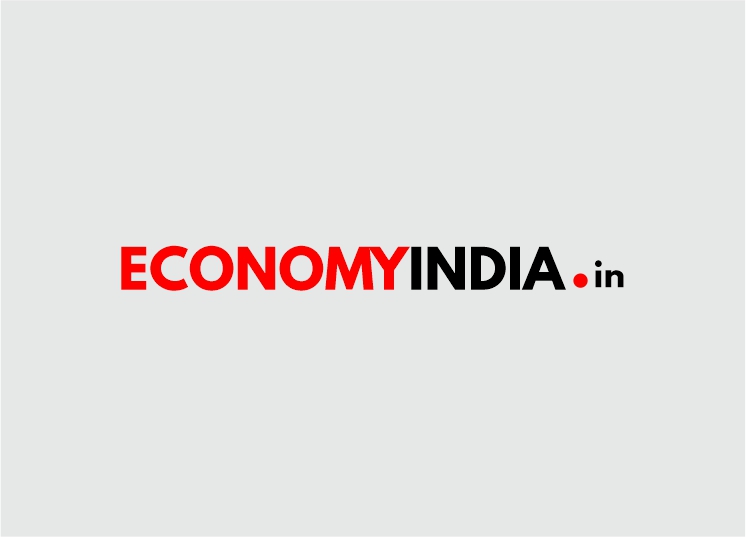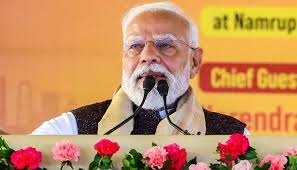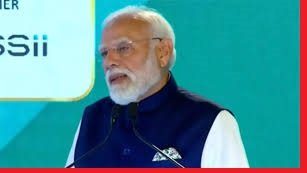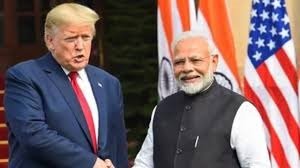NEW DELHI: India’s wholesale price index stayed in the double digits in January, for the 10th month in a row, as firms grapple with rising input costs and more pass on higher prices to consumers.
Wholesale prices in January rose 12.96% from a year earlier, less than the previous month’s 13.56%, government data showed on Monday. It was higher than the 12.70% forecast in a Reuters poll of analysts, in part due to higher food prices – up 9.55% on the year, versus 9.24% in December.
Rising input costs for products such as fuel, metals and chemicals have pushed up wholesale prices, a proxy for producer prices. Headline retail inflation is hovering around 5.5%, still within the Reserve Bank of India’s 2%-6% target.
Many economists have warned that despite RBI’s estimates of inflationary pressures easing, rising oil and food prices pose a risk to inflation.
“The continuous hardening in crude oil prices exacerbated by the ongoing geopolitical concerns, and its impact on the rupee, poses the biggest risk to the WPI inflation trajectory in the ongoing quarter,” said Aditi Nayar, chief economist at rating agency ICRA, the Indian arm of Moody’s.
RBI’s monetary policy committee (MPC) left the benchmark repo rate unchanged at 4.0% last week, while sticking to its accommodative policy stance to help the economy recover from the pandemic. read more
The central bank has slashed the repo rate by a total of 115 basis points (bps) since March 2020 to soften the blow from the coronavirus pandemic and tough containment measures. The rate is now 250 bps below the level at the beginning of 2019 when the easing cycle began.
Consumer price-based inflation, the main gauge monitored by the monetary policy committee of the RBI, was at a five-month high of 5.59% in December.
Wholesale fuel and power prices in January rose 32.27% on year versus 32.30% in December, while manufactured product prices rose 9.55%, against 10.62% in the prior month.
Wholesale prices of food accelerated at a 9.55% pace, versus 9.24% the previous month. (Reuters)













